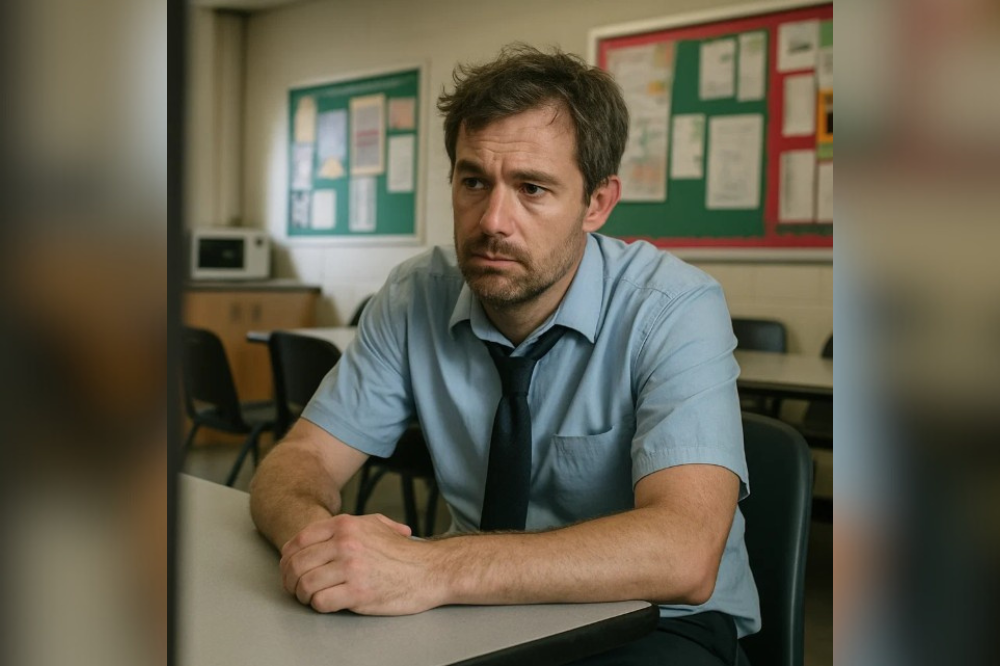
Nearly half of Australia’s K–12 teachers say 2025 has been the most stressful year of their careers – eclipsing even the darkest days of the pandemic.
That’s the stark finding from a new national survey of 841 teachers, which reveals a profession under extraordinary strain. According to the study by Prodigy Education, a staggering 95% of respondents report feeling some level of stress, and alarmingly, 45% say it’s the worst they’ve ever experienced.
Student behaviour, low pay, and crushing workloads top the list of concerns. The survey found that more than half of teachers (58%) are battling behaviour and discipline issues in the classroom, while 44% cite inadequate salaries and 28% point to excessive administrative duties as major stressors.
“We’re not just teaching – we’re social workers, counsellors, crowd control and admin all rolled into one,” one teacher wrote. “This is the hardest it’s ever been.”
Primary school educators are bearing the brunt, with 33% reporting extreme stress levels. Public school teachers are also disproportionately affected – twice as likely as their private school peers to feel overwhelmed.
Self-care sidelined by demands
While most teachers (78%) try to prioritise self-care, nearly half admit they feel guilty for doing so. And for many, the demands of the job mean they simply can’t make time. One in four say they don’t manage even a single self-care activity each week. Almost eight in ten (78%) have skipped self-care altogether due to workload pressures.
Yet there is a strong appetite for meaningful wellbeing initiatives. Three in four teachers say mandatory wellbeing breaks during the school day would help, while 85% would embrace wellness programs if schools offered them.
But the underlying issues go beyond yoga classes and mindfulness apps.
Pay, policy, and practical support needed
More than half of teachers (59%) say a salary boost would make the biggest difference to their mental health. Others are calling for a reduced workweek (33%) and stronger student discipline policies (32%) to help restore balance and respect in classrooms.
“The support structures just haven’t kept pace with the demands,” one school leader said. “We’re asking more of teachers than ever before – but giving them less in return.”
A profession on the edge
Perhaps the most sobering statistic is that 9% of teachers plan to leave the profession by the end of 2025 – and nearly a quarter (23%) are seriously considering it.
Middle school educators (Years 6–8) are leading this exodus, while primary teachers, though more hesitant to quit, say they often stay only out of loyalty to their students.
The emotional toll is clear: nearly half (48%) of all teachers say they feel unappreciated. Public school educators are particularly affected – 66% more likely to feel undervalued than those working in the private sector.
The message from this survey is unambiguous. Teachers are exhausted, disillusioned, and in desperate need of systemic change.
“Without urgent reform to tackle salary, workload, and student behaviour, we’ll lose experienced educators when we need them the most,” a school leader warned. “This isn’t about resilience anymore – it’s about survival.”

